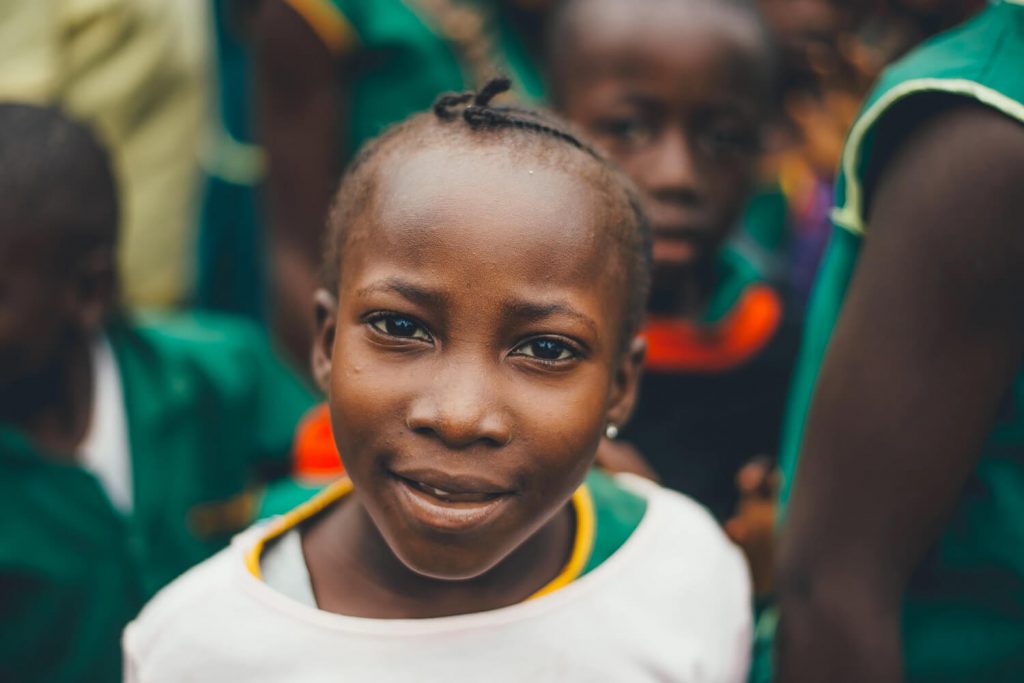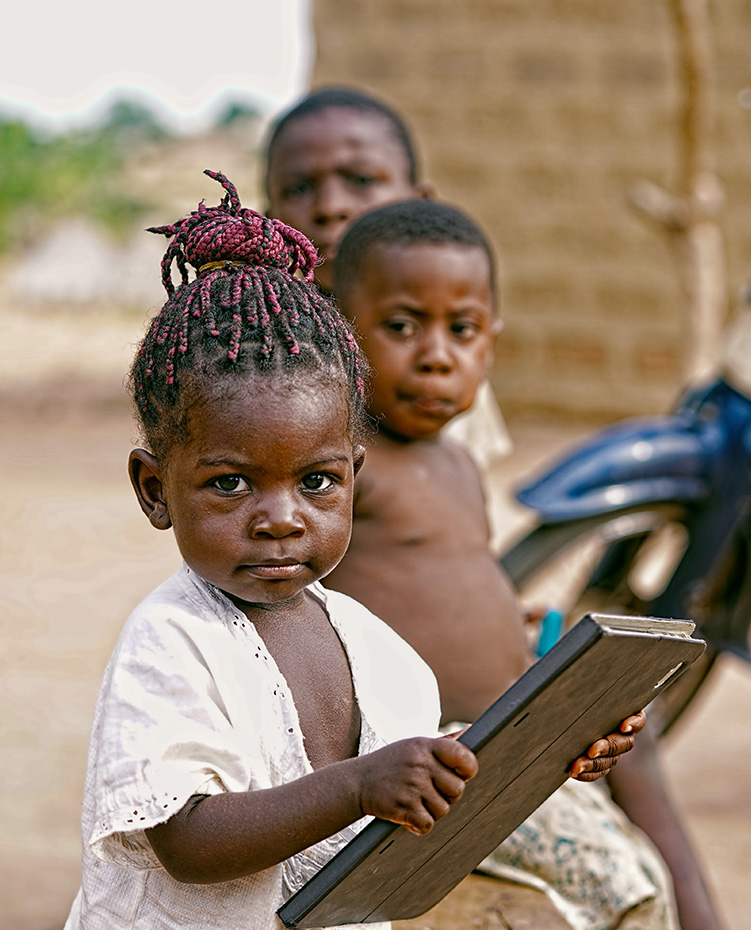
Families all over the world have to adopt new changes and routines due to the COVID-19 pandemic.
Children can no longer go to school, Parents cannot go to work, all businesses are closed, and public gatherings have all been restricted.
Parents and caregivers are therefore forced to help their families adjust to the new normal.
I am sure as a parent you are struggling to keep your children occupied and safe during this trying period.
I understand, keeping children busy and helping them keep up with school work is not easy.
However, you should remember that our children look up to us especially on how we react to stressful situations.
I am sure our kids are confused about why they are not in school and why they are not allowed to go outside and play with their friends.
Many parents are wondering how to bring up the epidemic in a way that will be reassuring and not make kids more worried than they already may be.
Here is some advice on how you can start the conversation about coronavirus.

-
Don’t be afraid to discuss the coronavirus.
Your child has already heard about the virus or has seen people wearing facemasks and the constant washing of hands and sanitizing.
Do not be afraid to talk to them about it because keeping them in the dark will actually make them worry more. Summarize the most important facts that they should know.
This will be so reassuring and at least they are more likely to understand better when it comes from you as opposed to hearing it from the news and friends.
-
Be developmentally appropriate.
Don’t volunteer too much information, as this may be overwhelming.
Instead, try to answer your child’s questions. Do your best to answer honestly and clearly. It’s okay if you can’t answer everything; being available to your child is what matters.
-
Take your cues from your child.
Invite your child to tell you anything they may have heard about the coronavirus, and how they feel.
Give them ample opportunity to ask questions. You want to be prepared to answer (but not prompt) questions.
Your goal is to avoid encouraging frightening fantasies.
-
Deal with your own anxiety.
When you’re feeling most anxious or panicked, that isn’t the time to talk to your kids about what’s happening with the coronavirus.
If you notice that you are feeling anxious, take some time to calm down before trying to have a conversation or answer your child’s questions.
-
Be reassuring.
Children are very egocentric, so hearing about the coronavirus on the news may be enough to make them seriously worry that they’ll catch it.
It’s helpful to reassure your child about how rare the coronavirus actually is (the flu is much more common) and that kids actually seem to have milder symptoms.
-
Focus on what you’re doing to stay safe.
An important way to reassure kids is to emphasize the safety precautions that you are taking.
Kids feel empowered when they know what to do to keep themselves safe.
For example, you can tell them that the coronavirus is transmitted mostly by coughing and touching surfaces and that they should thoroughly wash their hands as the primary means of staying healthy.
So remind kids that they are taking care of themselves by washing their hands with soap and water for 20 seconds (or the length of two “Happy Birthday” songs) when they come in from outside before they eat, and after blowing their nose, coughing, sneezing or using the bathroom.
If kids ask about face masks, explain that the experts say they aren’t necessary for most people.
If kids see people wearing face masks, explain that those people are being extra cautious.
-
Explain social distancing.
Children probably don’t fully understand why parents/guardians aren’t allowing them to be with friends.
Tell your child that your family is following the guidelines of the Centers for Disease Control and Prevention (CDC), which include social distancing.
Social distancing means staying away from others until the risk of contracting COVID-19 is under control. Showing older children the “flatten the curve” charts will help them grasp the significance of social distancing.
Explain that while we don’t know how long it will take to “flatten the curve” to reduce the number of those infected, we do know that this is a critical time—we must follow the guidelines of health experts to do our part.
-
Stick to a routine.
Nobody likes uncertainty, so staying rooted in routines and predictability is going to be helpful right now.
This is particularly important if your child’s school or daycare shuts down.
Make sure you are taking care of the basics just like you would during a school break.
Structured days with regular mealtimes and bedtimes are an essential part of keeping kids happy and healthy.

Having a Conversation is very important.
However, you can use this opportunity to teach your children life skills they don’t learn in school.
The following are skills you can teach your children during this self-isolation period.
Resilience
A crisis like a coronavirus can evoke feelings of anxiety and fear.
Parents can turn this around and model a sense of hope and positivity.
Teaching children emotional resilience can help them learn the areas of life they can control in uncertain times.
We can teach them resilience by how we control our attitude, how we are kind to others, how we control consumption and spending too.
Showing children that they are privileged and should be very grateful for what they have is important too.
Use it as an ultimate training ground
Parents could view this time to provide children with the “ultimate training ground,” giving them an early start to learning life skills for when they no longer live at home.
Restrictions are now in place around the world, limiting how often people can leave the house to visit shops, for example, as part of efforts to reduce outside human contact and curb the further spread of COVID-19.
Signs have also appeared in many shops, rationing the number of certain products people can buy at one time, to combat the panic stockpiling that has taken place amid increasing fears about the pandemic.
At home, however, this offers the opportunity to teach children about rationing, cooking, and budgeting for food.
Fun activities like playing games, sewing, knitting, and gardening, like some other skills that can help children to become more self-sufficient.
Positive messages about money
Parents can take this opportunity to teach children about money. Budgeting and saving can teach children how money can grow over time. Do not underestimate the ability of children to understand and engage with finances.
Online safety
Since we are spending a lot of time cooped up inside, this is a good time to teach children about online safety.
They will be online a lot trying to keep themselves occupied and so it is good that we start teaching them how to navigate the digital world safely.
You could also teach children how to use their digital skills more altruistically, to connect with the wider community during self-isolation, or even entrepreneurially.
I hope these tips will help you remain sane during this global pandemic. While we all ride out the corona storm, wherever you are located, the Protect A Girls’ Image team wishes you, and your families good health. Remember, we’re in this together, and we’ll come out of this together! Lots of Love!!
RELATED CONTENT:
10 Tips on How Parents Can Help Nurture Children Who Have Experienced Trauma.
Your Daughter Does Not Owe Anyone Anything, Not Even Grandpa.
6 Tips On How To Nurture A Child’s Mental Health.
Pingback: Tips for parenting during the coronavirus (COVID-19) outbreak. {Infographics} | Protect A Girls Image
Pingback: Fighting Against Gender-Based Violence During the Covid-19 Pandemic in Kenya. | Protect A Girls Image
Pingback: The 'Corona Hairstyle' Is Spreading an Important Message About COVID-19 in Kenya. | Protect A Girls Image